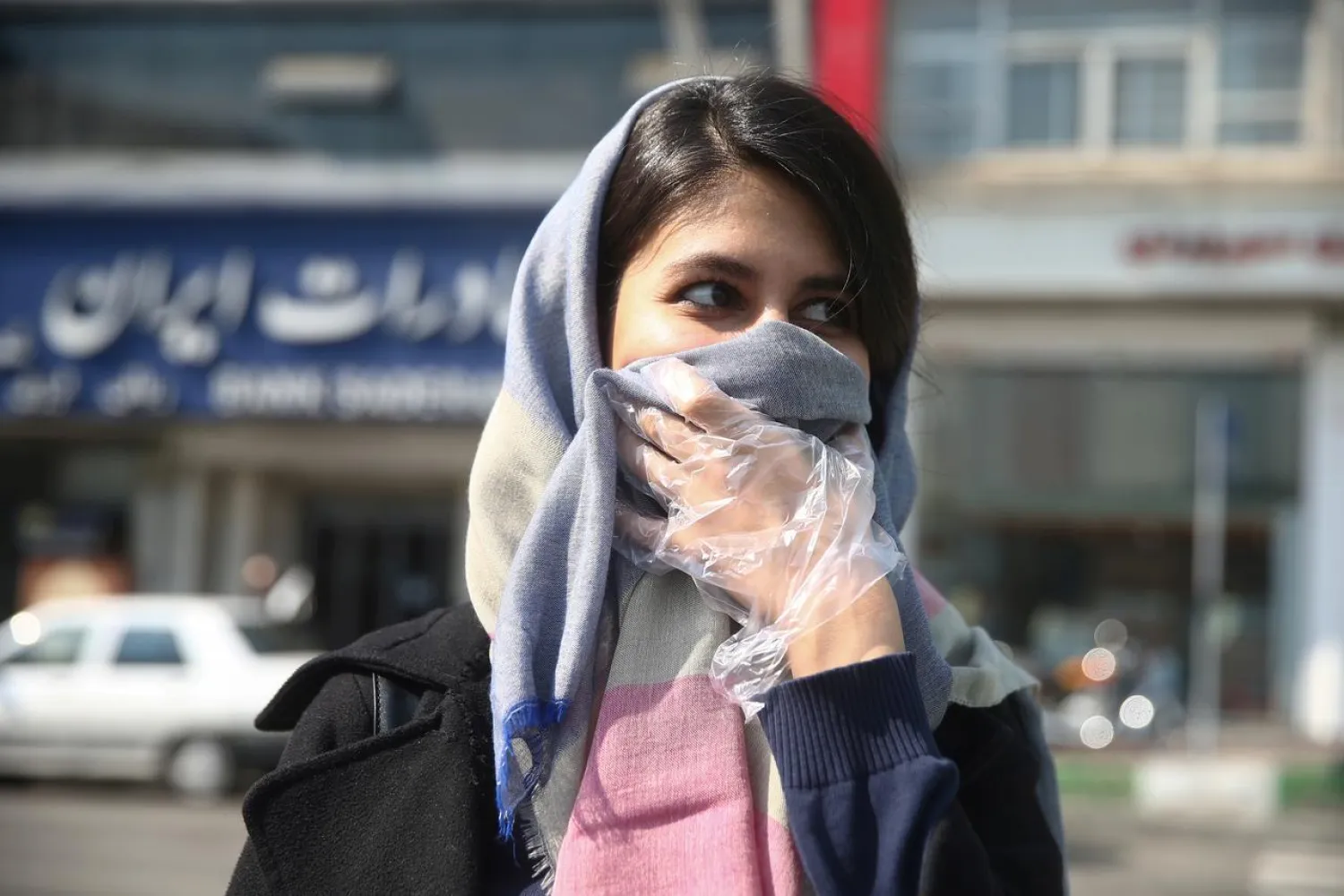A Luxembourg court has blocked a long-running US request to transfer $1.6 billion of dollars in Iranian assets to victims of the September 11 attacks, an official statement said on Monday.
The official statement in Luxembourg said that an appeals court on April 1 found the US seizure demand "inadmissible" since the type of account in question is "unseizable" according to national law, Agence France Presse reported.
The money is held in the Clearstream clearing house, a financial company owned by Deutsche Boerse based in Luxembourg.
However, the statement added that the ruling was not final and could be appealed at Luxembourg's highest court.
In a separate decision, the statement said a Luxembourg district judge on April 3 blocked the transfer of funds and said Clearstream would be subject to a daily fine of 1 million euros ($1.09 million) if it moved the money.
An attempt on April 7 by Clearstream to have the transfer ban lifted was refused by the president of the Luxembourg court on procedural grounds.
In this separate dispute, a New York court in 2012 ordered Iran to pay $7 billion in damages over the September 11 attacks, arguing that it had aided al-Qaeda by allowing its militants to travel through its territory.
Iran has rejected the accusation and refused to pay the money leading US authorities to demand asset seizures wherever they can.
Tehran and Washington have long been arch enemies and tensions have risen sharply since President Donald Trump in 2018 withdrew from a nuclear accord and reimposed stinging sanctions.
Iran's President Hassan Rouhani said in a televised cabinet meeting Sunday that "our central bank, our foreign ministry [have] recently won a very good victory in a legal battle".
"$1.6 billion of our money was in Luxembourg and the Americans had put their hands on it," he said.
Even as both face the same invisible enemy in the coronavirus pandemic, Iran and the United States remain locked in retaliatory pressure campaigns that now view the outbreak as just the latest battleground, The Associated Press reported.
Initially overwhelmed, Tehran now seeks to sway international opinion on US sanctions by highlighting its struggles with COVID-19, the illness caused by the virus. Iran asked for $5 billion from the International Monetary Fund even as it enriches uranium beyond the limits of its 2015 deal with world powers.
The US insists that aid can reach Iran though humanitarian organizations.
At the same time, the US is now withdrawing troops from Iraqi bases, redeployments it insists are pre-planned even as Trump alleges Iran plans “a sneak attack” against them.









